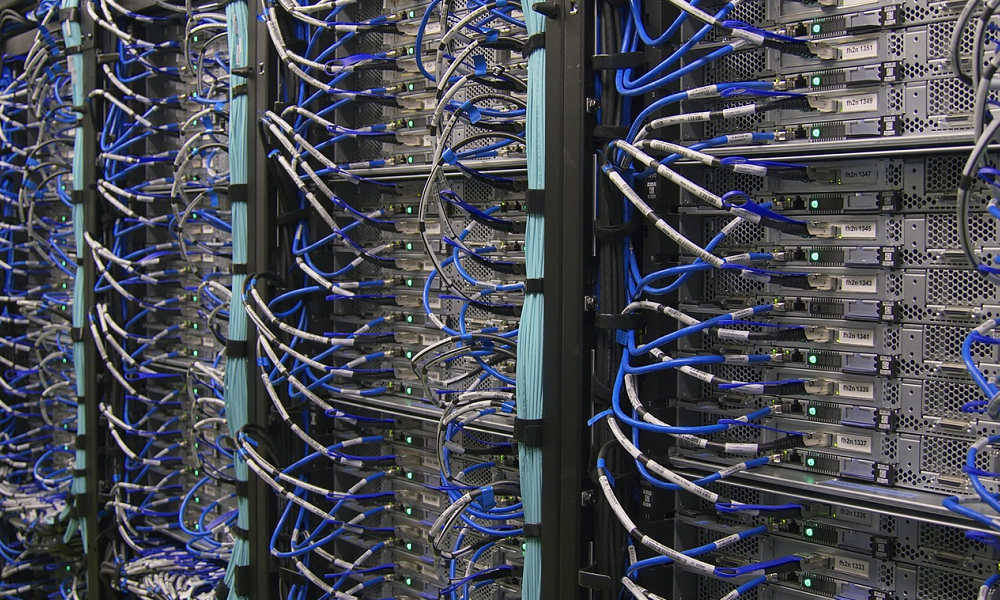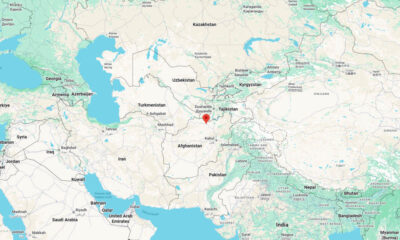Reviews
The Rise of Edge Computing and Its Impact on Hosting in 2025

Have you ever wondered why some websites and applications load almost instantly while others take forever? The answer lies in how data is processed and delivered. With more devices connecting to the internet daily, businesses need faster, more reliable solutions. This is where edge computing comes in. Instead of relying on centralised data centres, edge computing processes information closer to the user, reducing delays and improving efficiency. This shift also influences web hosting, including VPS hosting, which many businesses depend on for flexible and scalable solutions. As edge technology continues to grow, it is reshaping the hosting industry in ways never seen before.
What is Edge Computing, and Why is it Growing?
Edge computing is a system where data is processed near its source instead of sent to a distant server. This approach reduces the time it takes for data to travel back and forth, making applications faster and more responsive. The rise of smart devices, the Internet of Things (IoT), and real-time applications has made edge computing more important than ever.
By reducing dependence on centralised servers, edge computing improves performance and reliability. It also helps businesses handle large amounts of data without overloading a single location. As more industries adopt digital solutions, this technology will continue to expand. Hosting providers must now integrate edge computing into their services to keep up with these changes and offer better solutions to their customers.
How Edge Computing is Changing the Hosting Industry
Traditional hosting relies on large data centres that process and store information. While this model has worked for years, it struggles to keep up with the demand for real-time data processing. Edge computing is changing this by distributing computing power across multiple locations.
One major impact is the improvement in speed and performance. Since data is processed closer to the user, load times are significantly reduced. This is particularly beneficial for businesses that operate online stores, gaming platforms, or streaming services, where every second counts.
Another advantage is reduced bandwidth usage. Sending large amounts of data to centralised servers can be expensive and slow. Businesses can lower costs and improve efficiency by processing information at the edge. Hosting providers are now adopting hybrid models that combine traditional and edge computing to offer a more balanced solution. This approach ensures that businesses get the best of both worlds – high performance and reliability.
The Role of Hosting Providers in an Edge-Driven World
Hosting companies are also improving security. With edge computing, data is handled in multiple locations, reducing the risk of cyberattacks on a single point of failure. This makes it harder for hackers to compromise an entire system. Businesses requiring secure hosting solutions are now seeking services integrating edge computing to enhance protection.
Another area where hosting providers are innovating is sustainability. Large data centres consume much energy, leading to high operational costs and environmental impact. By processing data closer to users, energy consumption is reduced, making hosting more eco-friendly. This shift aligns with global efforts to create greener, more efficient digital infrastructure.
What This Means for Businesses in 2025
The rise of edge computing is not just a trend; it is shaping the future of hosting. Businesses that rely on digital platforms must adapt to this new way of processing data to stay competitive. The need for low-latency, high-speed solutions is growing, and hosting providers are stepping up to meet this demand.
Hosting providers like Liquid Web already integrate edge computing into their services, ensuring businesses get the best hosting solutions available. As technology advances, businesses must stay informed and choose hosting solutions that align with the future of digital infrastructure.
The Future of Hosting with Edge Computing
Edge computing transforms how data is handled, and its impact on hosting is undeniable. Reducing delays, improving security, and enhancing performance create a new standard for web hosting. Businesses that embrace this shift will gain a competitive advantage, while those that stick to outdated models may fall behind.
Hosting providers must evolve as the digital world moves towards faster and more efficient solutions. Whether through hybrid models or full-edge integration, the future of hosting will be shaped by how well it adapts to this revolutionary technology.

-

 US News6 days ago
US News6 days agoJetBlue flight diverts to Tampa after altitude drop injures at least 15
-

 Breaking News14 hours ago
Breaking News14 hours agoAt least 3 dead, 11 injured after UPS cargo plane crashes near Louisville airport
-

 World1 week ago
World1 week agoU.S. Navy helicopter and fighter jet crash in South China Sea; all crew rescued
-

 World3 days ago
World3 days agoStrong 6.3 earthquake strikes northern Afghanistan; felt across Pakistan
-

 World3 days ago
World3 days agoProtesters storm government building in Mexico after killing of local mayor
-

 World4 days ago
World4 days ago10 people stabbed on train in Huntingdon, England
-

 US News6 days ago
US News6 days agoTrump says U.S. will resume nuclear weapons testing ‘on an equal basis’
-

 US News1 week ago
US News1 week agoDamage reported in Kilgore, Texas following tornado warning




